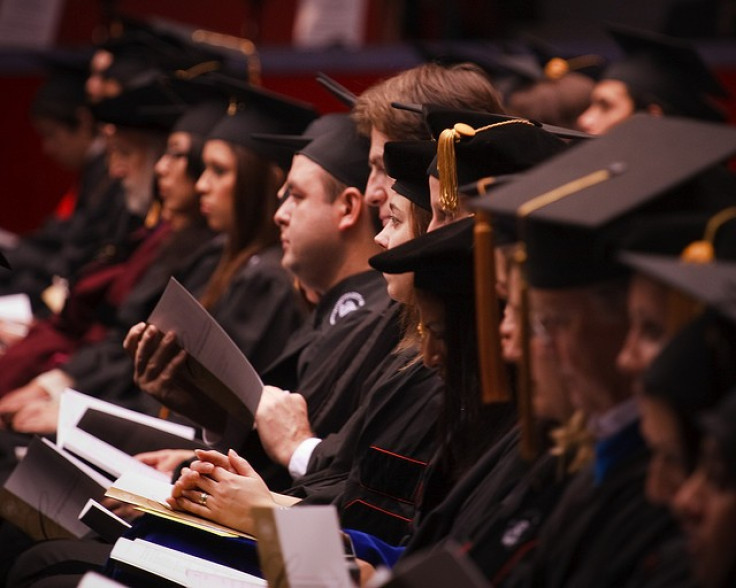Third of Students Admit Cheating at Top U.S. University

A third of undergraduate students at a leading American research university admitted cheating, according to a survey published in the Science and Engineering Ethics journal.
A third of undergraduate students at a leading American research university admitted cheating, according to a survey published in the Science and Engineering Ethics journal.
Tricia Bertram Gallant, an academic integrity coordinator at the University of California, San Diego, lead author of the survey, compiled data from 3,367 physics labs students at her university.
She said the students believed "everyone is doing it".
Over 90 per cent of students asked said they would "do what it takes to get the assignments done and get the grade".
The questionnaire also asked if anyone had "received unpermitted help," "fabricated or falsified data in physics labs", "copied all or some of another's physics lab report" or "turned in a physics lab report previously submitted by another student".
Students who planned to apply for professional programmes in health, such as medical school, were used for the survey.
These were then broken down into four groups, ranking them on how likely they were to get into their first-choice graduate programme.
While researchers expected to see more cheating among those in the top level, this did not transpire.
There were no specific trends in why or how people cheated, though one specific commonality emerged.
Many students felt that teaching assistants were not bothered by, or turned a blind eye to, cheating by students.
"The perception that teaching assistants are ignoring cheating is particularly disturbing," Gallant concluded in her report.
"We do have to find a way to make the work done in classroom laboratories more relevant, interesting and engaging to all students, regardless of their aspirational goals."
© Copyright IBTimes 2024. All rights reserved.






